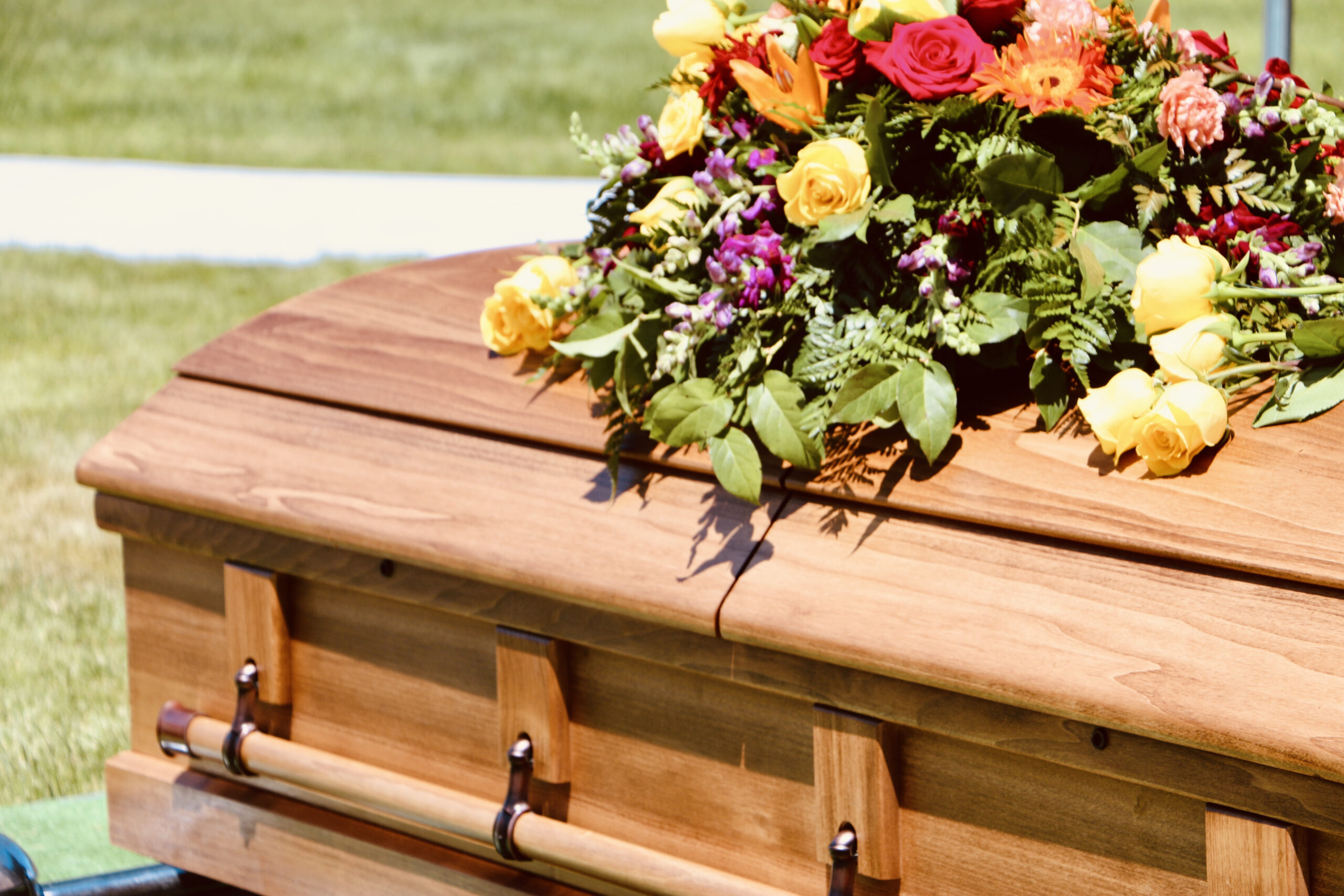The loss of a loved one is an incredibly difficult experience, and the grief that follows can feel overwhelming. After the cremation of a loved one, families may find themselves facing a wide range of emotions and may need guidance on how to cope. This compassionate guide offers resources and strategies to help you and your family navigate the grieving process and find comfort during this challenging time.
1. Acknowledge Your Grief
One of the first steps in coping with the loss of a loved one is to acknowledge your grief. Grief is a natural and normal response to loss, and there is no right or wrong way to feel. Allow yourself to experience the emotions that arise—whether it’s sadness, anger, confusion, or even relief. Recognize that these emotions are a part of the healing process, and give yourself permission to feel without judgment.
2. Seek Support from Family and Friends
Grief can be isolating, but reaching out to others can provide comfort and help you process your emotions. Lean on family members and friends for support. Share your thoughts, memories, and feelings with those who understand what you are going through. Often, talking about your loved one and reminiscing about shared experiences can be both cathartic and healing.
3. Join a Grief Support Group
Many people find comfort in joining a grief support group where they can connect with others who are experiencing similar losses. Support groups provide a safe space to share your feelings and hear how others are coping. Whether in-person or online, these groups can help you feel less alone and offer insights into different ways of managing grief.
4. Create a Memorial or Tribute
Creating a memorial or tribute can be a meaningful way to honor your loved one’s memory. This could include planting a tree, creating a photo album, or crafting a piece of artwork in their honor. A tangible tribute can provide a sense of connection and a way to channel your emotions into something positive. Many families also find comfort in setting up a memorial space in their home, where they can place photos, candles, or other meaningful items.
5. Practice Self-Care
Grief can take a toll on both your physical and emotional well-being, so it’s important to prioritize self-care. Make sure to eat well, stay hydrated, and get enough rest. Engaging in physical activities, such as walking, yoga, or even light stretching, can help reduce stress and improve your mood. Remember that self-care is not selfish—taking care of yourself allows you to better support others and continue the journey of healing.
6. Allow Yourself Time to Heal
Grief is not something that can be rushed. Everyone heals at their own pace, and it’s important to be patient with yourself and your family members as you navigate this journey. There may be days that feel easier and others that feel unbearably difficult. Give yourself the grace to take each day as it comes and recognize that healing is not linear—there will be ups and downs along the way.
7. Seek Professional Counseling
If you find that your grief feels unmanageable or is affecting your ability to function in your daily life, consider seeking professional help. Grief counselors and therapists are trained to help you navigate the complexities of loss. They can provide you with tools and coping strategies to work through your emotions and support you in finding ways to adjust to life after your loved one’s passing.
8. Engage in Rituals and Traditions
Rituals can provide comfort and a sense of continuity after the loss of a loved one. Lighting a candle, saying a prayer, or gathering with family on special occasions can help you feel connected to your loved one. You can also create new rituals that honor their memory, such as dedicating a day each year to doing something they loved or preparing their favorite meal.
9. Express Your Emotions Through Creativity
Creative expression can be a powerful outlet for grief. Writing in a journal, painting, drawing, or playing music can help you process your emotions in a meaningful way. Writing letters to your loved one, even if they are never sent, can also be a therapeutic way to express your thoughts and feelings. Creative activities can provide a sense of release and help you make sense of the complex emotions that accompany loss.
10. Find Meaning and Purpose
As time goes on, many people find it helpful to seek meaning and purpose after the loss of a loved one. This might involve volunteering, supporting a cause that was important to your loved one, or simply helping others who are grieving. Finding ways to honor your loved one’s legacy can provide comfort and help you move forward with a sense of purpose.
Grief is a deeply personal journey, and there is no “right” way to grieve. The most important thing is to be kind to yourself and allow yourself to feel whatever emotions arise. Whether you find solace in the support of others, creative expression, or professional guidance, remember that you do not have to go through this alone. Healing takes time, but with support, self-compassion, and patience, you can find your way forward while cherishing the memories of your loved one.










